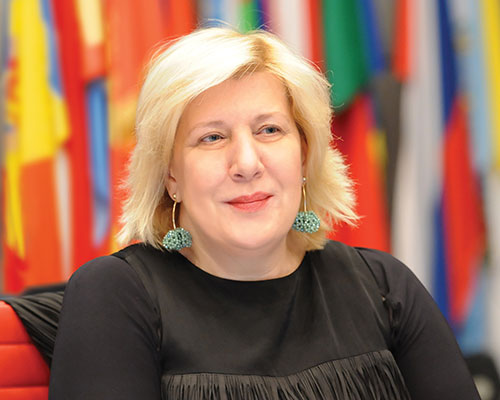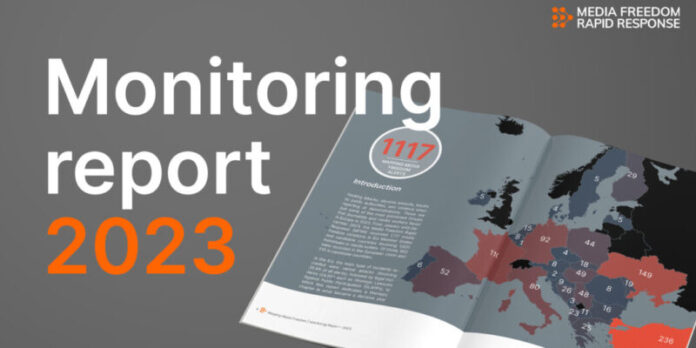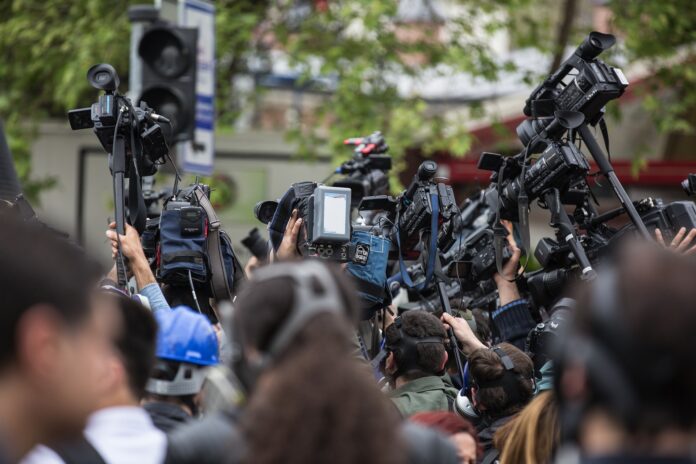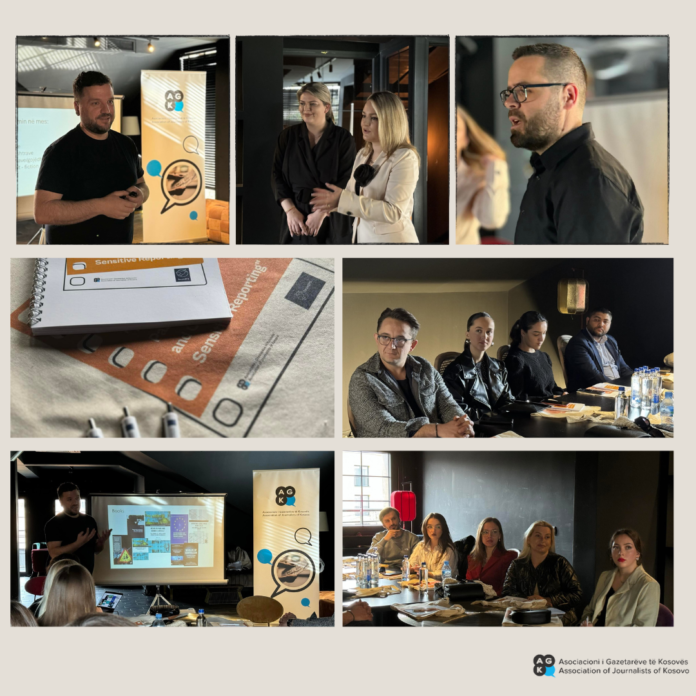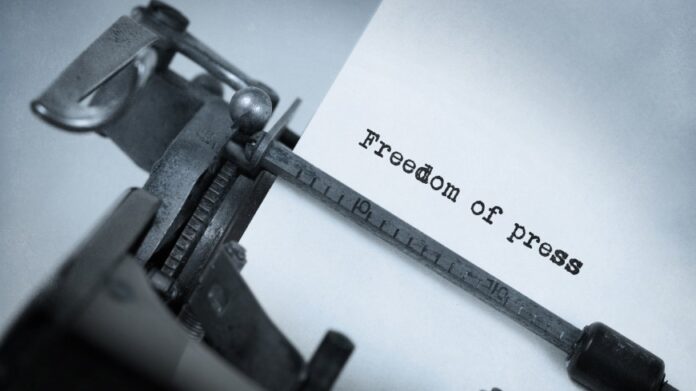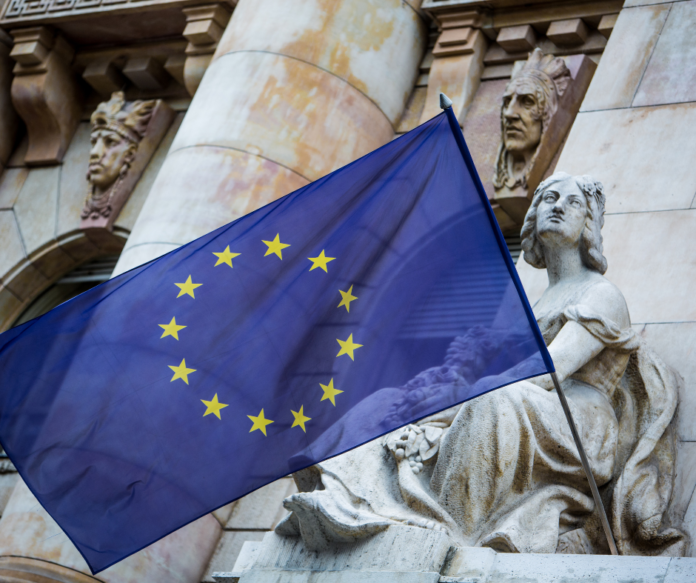PODGORICA, 22.03.2024. – Montenegro should use the opportunities offered by European integration to improve the legal framework that regulates human rights and ensure its full implementation, said Council of Europe Commissioner for Human Rights Dunja Mijatović after she visited Montenegro from March 18 to 21, 2024.
The statement of the Council of Europe states that during the visit, Mijatović received information about the worrying increase in hate speech, especially on the Internet, which exacerbates divisions on ethnic, religious and political grounds and has a particularly negative effect on certain social groups, especially Roma, LGBTI persons and women in public positions.
“Sexist and misogynist hate speech against female politicians, journalists, and human rights activists undermines gender equality. Accordingly, the authorities should show zero tolerance and take measures to prevent and combat this phenomenon,” said Mijatović. Emphasizing the important role of Montenegrin women in society, she called on the authorities to ensure greater political participation of women.
Mijatović specifically called for the rapid adoption of a set of media laws, the Law on Legal Gender Recognition based on Self-Determination… During the meetings with Montenegrin officials, Mijatović also warned about the long-term polarization in the media sector, the unregulated online media environment that enables the spread of disinformation, the lack of effective media self-regulation, insufficient media literacy…
“The non-implementation of the decisions of the domestic courts on the appointment of the director of the Radio Television of Montenegro (RTCG) raises questions regarding respect for the rule of law, which is an issue that also needs to be resolved urgently,” the announcement emphasizes.
When it comes to freedom of expression and the media, the commissioner assessed that it is encouraging that there has been a decrease in cases of physical violence against journalists recently. She, however, emphasized the importance of all cases of violence and intimidation of journalists, especially the murder of the editor-in-chief of “Dan” Duško Jovanović, to be effectively investigated and the perpetrators to be brought to justice.
“The Commissioner is concerned about the reported increasing use of strategic lawsuits against media and journalists (SLAPP). The authorities should take concrete measures to prevent unpleasant complaints against journalists, human rights defenders, writers and activists, relying on SE standards and other relevant standards, as they have a deeply chilling effect. I welcome the recent call by the Minister of Culture and Media to all Montenegrin officials to create an environment for the free and independent work of all media and journalists,” Mijatović said.
She emphasizes that she received information about the intimidation of academics, writers and activists, such as Boban Batrićević and Andrej Nikolaidis.
“I repeat that in a free and democratic society, it is imperative to fully respect the freedom of expression of all actors of civil society,” she stressed.
Mijatović called on the authorities to cooperate with civil sector organizations. During her visit to Montenegro, the Commissioner met with President Jakov Milatović, Prime Minister Milojko Spajić, Minister of Foreign Affairs Filip Ivanović, Minister of Justice Andrej Milović, Minister of Human and Minority Rights Fatmir Gjeka, Protector of Human Rights Siniša Bjeković and representatives of the non-governmental sector and the media.


